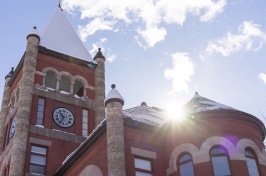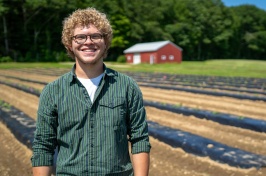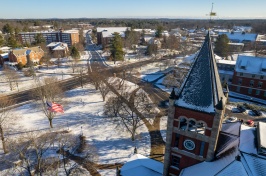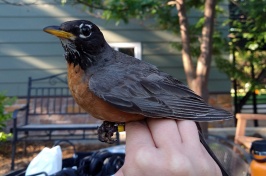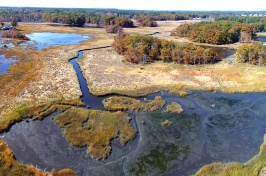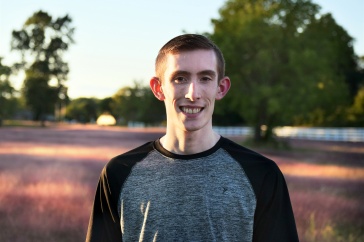
Since I was about seven, I’ve known that I wanted to go to school to become a neurosurgeon. I’ve chosen this career path for a number of reasons, two of the biggest being the challenge and the reward of the job. Similar were the reasons that I chose to spend my January term in Nepal.
Being one of the poorest countries in the world, I knew Nepal would be a challenge for me. However, I also knew that the Nepali people needed as much help as they could get, and that traveling there would be extremely rewarding.
I was in Nepal for one month while completing a surgical internship at Chitwan Medical College Teaching Hospital, about six hours outside of the capital city of Kathmandu. What I learned in my month there went far beyond what I learned in the operating room. From Monday to Friday, I spent the days shadowing surgeries from a wide range of specialties including general surgery, cardiology, neurology, obstetrics/gynecology (OB/GYN), ear/nose/throat (ENT), and orthopedics. In the evenings, the other volunteers and I participated in outreach programs which included teaching children to brush their teeth, visiting a shelter for the homeless, and attending burial services and weddings. On the weekends, I traveled around the country visiting Kathmandu, Pokhara, and Chitwan National Park.
One thing that struck me the most about the healthcare system in Nepal was the lack of training that the anesthesiologists received. After high school, students who go on to become surgeons and anesthesiologists receive only three years of formal schooling, versus the eight years that they receive here in the United States. Of the 16 days that I spent in operating rooms, not a day passed that I did not see a patient who either woke up during major surgery or had their general anesthesia wear off during a minor surgery.
One patient that has stuck with me was a middle-aged man who had 50 percent burns on his lower legs and arms. During a skin-graft, a nine-hour procedure where they shave healthy skin to cover the burned area, this man began moving his extremities. After a few minutes of this, the man began screaming. The surgeons were not shocked by this response, and continued with their procedure while a scrub nurse went to find an anesthesiologist in another operating area. It was nearly 20 minutes before an anesthesiologist returned and put the man back under. The answer I received when I asked about why this happened was simply that the anesthesiologists hadn’t yet mastered the painless surgery.
Outside of the operating room, I learned more than I ever could have imagined. My host family taught me about Hinduism, the Nepali language, the country’s history, and everyday Nepali life. Nepal recently signed its first constitution which contained a passage saying that, to be in the Nepali government, one must be a natural born citizen. For decades, the people of India have married into Nepali families in order to hold a government position. This is one way that India maintains control over Nepal. This passage put into the constitution made the Indian people angry and caused them to put a block at the border to Nepal.
In the past, Nepal has relied almost entirely on India for goods, the largest of these being fuel. When India put the block at the border to Nepal and refused to continue trading with them, Nepal entered a fuel crisis. This fuel crisis caused a number of problems for the Nepali people. Nepal has rolling power outages, which means that everyone in the country receives twelve hours with power and twelve hours without power each day. Because of the fuel crisis, this became 20 hours without power and only four hours with power each day. The Nepali people are also experiencing problems with obtaining enough gas to cook and run their cars, as well as higher prices on food.
Despite the challenges that I faced while living in Nepal, I wouldn’t change my decision to volunteer there. My time in Nepal taught me about greed, luxury, kindness, pain, strength, challenge, suffering, and, most importantly, happiness. At the end of the day, I didn’t leave nearly as much of an impact on Nepal as it left on me. I went there expecting to change lives, and to feel rewarded by that. What I found was that it was my life that was changed by this experience, and that has made me a better person all around. I would encourage anyone who thinks an experience like this is terrifying to push yourself outside of your comfort zone and face your fears. After all, “A comfort zone is a beautiful place, but nothing ever grows there!”
Written by Emma Gootee '18, Biological Sciences











